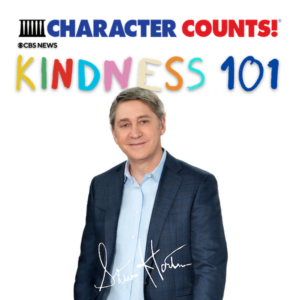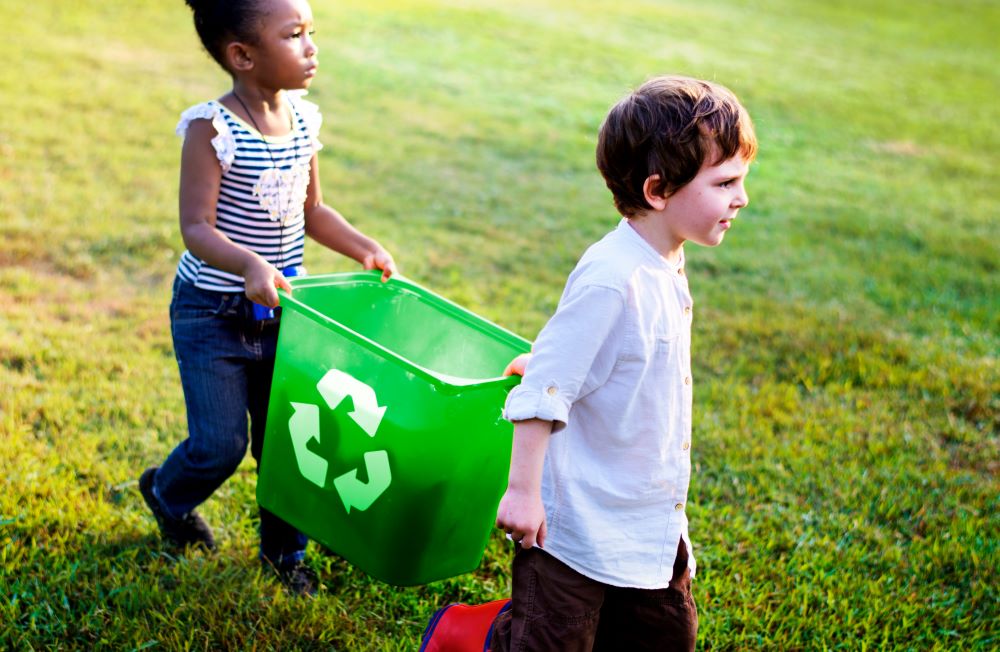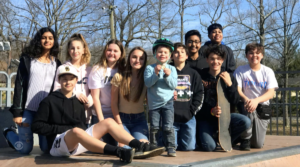
Kindness 101
Welcome! CHARACTER COUNTS! and CBS News are proud to partner to offer complimentary K-12 lessons to teach character, social-emotional, and academic skills.Each lesson features a video, an activity, discussion and
There is so much power in the actions of one person, and if we all commit to being good citizens, we can make a big difference in our communities. Making small efforts to protect the environment is one way we can improve our communities and see a big difference.

Make decisions based on rationality, ethics, and effectiveness.
Enthusiastic to understand more about themselves, others, and the world around them.
Fully engaged in the educational process and connected to the school community.
This lesson is designed for students to understand the impact of being an engaged citizen of their community. Citizenship is more than voting and obeying laws. It involves individuals taking protecting the environment as their responsibility and duty. This lesson gives students time to discuss solutions to problems they see in their communities around the environment.

Welcome! CHARACTER COUNTS! and CBS News are proud to partner to offer complimentary K-12 lessons to teach character, social-emotional, and academic skills.Each lesson features a video, an activity, discussion and

Kindness – How a Simple Act of Kindness Transformed a Boy’s Birthday When we look at the people around us, we do not always know what they are going through.